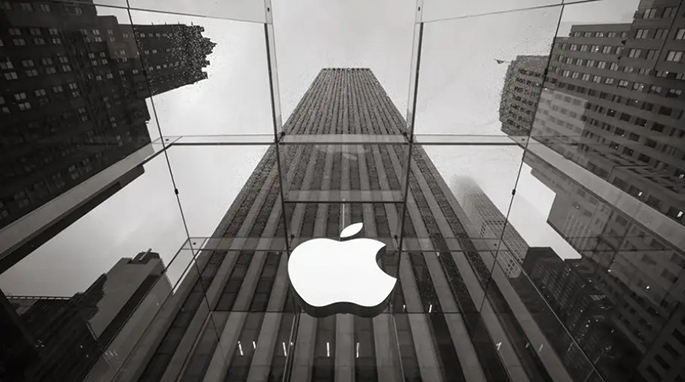China’s zero-Covid policy a risk for global supply chains

Yet another lockdown in China, at Foxconn’s factory in Zhengzhou, is yet another reminder of significant risks posed by the zero-Covid policy implemented in China. Foxconn’s factory saw a rise in the number of Covid-19 cases, and the huge manufacturing complex had to be locked down.
Foxconn is the largest private employer in China, and more than a million people work in its research institutes and factories all over the country. The company’s largest factory at Zhengzhou normally produces practically all iPhones.
The reliance on just one factory for such a significant amount of a key product is certainly risky in any case, and the zero-Covid policy only aggravates the situation. Over 90% of Apple products are manufactured in China, and a large number of these products are also sold there. The heavy dependence on one country, particularly considering the continuing escalation in the US-China relations, is a huge potential risk.
The Zhengzhou factory was launched in 2010, and has about 300,000 employees who live on-site. The area is known as iPhone city, with three factories, one of which is responsible for the iPhone 14 range.
The lockdown has not been commented on by Apple yet, but analysts are claiming that a partial stop of production has already led to a 10-30% decline in output. Some of the production has, however, been moved to other Foxconn factories in other regions. The locked down site is now functioning under a closed-loop protocol, with no contact with the outside world and quadruple daily benefits.
China is the last major economy committed to a zero-Covid strategy, and is quite persistent with its lockdown policy, mass testing and long quarantines. However, new virus variants have been more difficult to trace and led to a non-stop and ever-changing Covid restrictions.
Some of Apple’s production has already been outsourced to India, and Vietnam is the next candidate being considered in an attempt to wean the company off production in China. Covid has accelerated this trend.
Last year, almost 7.5 million iPhones were manufactured in India, which is 3% of Apple's total production, however, increasing factories’ production capacity in India is very difficult.